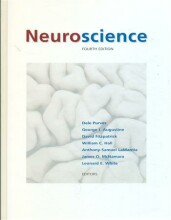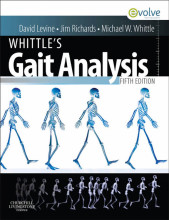Summary: Foundations Of Behavioral Neuroscience | 9781292021966 | Neil R Carlson
- This + 400k other summaries
- A unique study and practice tool
- Never study anything twice again
- Get the grades you hope for
- 100% sure, 100% understanding
Read the summary and the most important questions on Foundations of behavioral neuroscience | 9781292021966 | Neil R. Carlson
-
2 Structure and functions of cells of the nervous system
This is a preview. There are 16 more flashcards available for chapter 2
Show more cards here -
What types of neurons are there?
Motor->controls muscle contraction
Sensory -> detects changes in environment
Inter-> located entirely within cns -
What are the 4 basic structures of a neuron?
Soma-Cell body
Dendrite- recipients of messages
Axons- senders of messages
Terminal buttons - synapses at the end of the axons -
What is a microtubule?
Strand of protein filaments with hollow core to transport substances from place to place within cells. -
What is a microglia?
The smallest glia cell they act as a phagocyte. Protects the brain from invading organism -
How are electrical potentials of axons measured?
Via electrodes and microelectrodes -
What does the sodium potassium pump do?
Pumps 3 sodium ions out and 2 potassium ions in. So maintaining the negative potential. -
What causes the undershoot of the action potential?
Potassium channels are still opened, so conductance of potassium is greater than it is in resting state -
What is saltatory conduction?
Conduction of action potentials by myelinated axons. Jumps from node of ranvier to the next. -
What is ionotropic receptor?
A receptor that contains a binding site for a neurotransmitter and an ion channel that opens when a molecule of the NT attaches to the binding site. -
What is a G protein?
A protein coupled to metabotropic receptor, conveys messages to other molecules when a ligand binds and activates the receptor.
- Higher grades + faster learning
- Never study anything twice
- 100% sure, 100% understanding

































